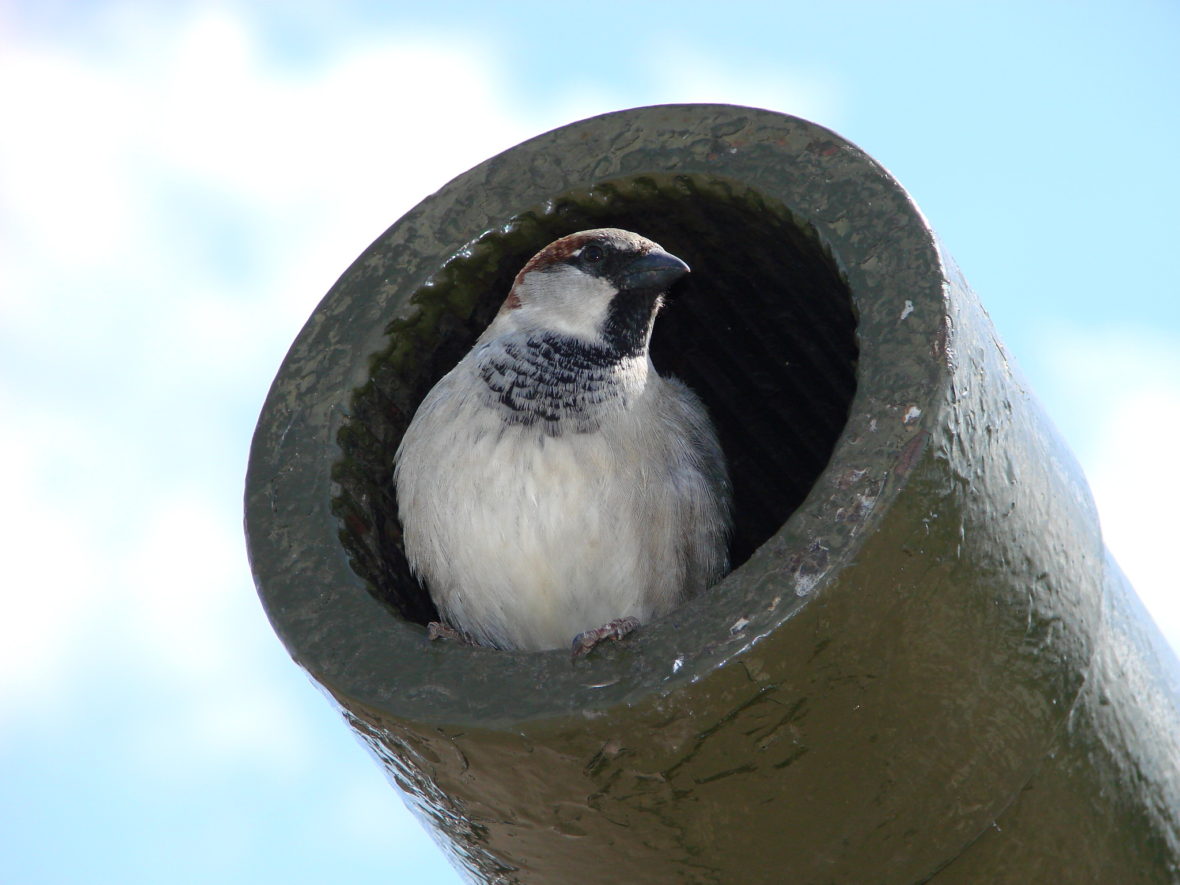Away Away is Mark Pawlak’s first full-length poetry collection since Reconnaissance, published in 2016 in conjunction with the fiftieth anniversary of Hanging Loose (you can find my review here). Much of what concerns the poet in his last book persists in this volume published by Arrowsmith Press. Pawlak remains a master of the transformative detail, whether it’s “beaded paw-prints” of rain that “clamber up the windshield,” or “fir-topped islands slowly letting their skirts out at ebb tide.” And if Reconnaisance borrowed tropes from the pastoral for poems of urban life, Away Away uses them to diversify more rural landscapes––both the waterfront of Eastport, Maine and the Berkshire hill town of Ashfield, Massachusetts. In either place, a road sign or a police dispatch is as likely as a tuft to introduce an epiphany. “Should we have stayed at home and thought of here?” the book’s first poem winks at Bishop. “No way, Jose’!” Pawlak answers.
Pawlak’s work follows Charles Olson’s philosophy that “one perception must MOVE, INSTANTER, ON ANOTHER!” His forms include calendars, journals, haiku, diaries, field recording, and a pillow book––all ways of structuring a string of sharply observed, never-to-be-repeated moments. In “Thirteen Moons,” the cycle of the seasons is expressed by “fence posts/ice glazed tops/glinting (“Wolf Moon”) and in phases of human life: “Turning garden beds/with pitchfork and spade: my grown son’s/long-buried toy soldiers!” (“Pink Moon”). Note how these notations are often fragments–– the “neighbor’s magnolia/dropping petals/by ones, by twos” almost evades notice, and resists the confines of a sentence. Other entries surprise with exclamations of sudden humor, as “…among garbage cans/raccoons face/accuser, judge and jury:/guilty as charged!” (“Hunter’s Moon.”). The bonus “Blue Moon” ends the sequence with a detritus of soiled plates “ringed with tulip petals” while the trash from what could be a dinner party is “…dragged to curb:/snared in bare branches/full moon/blood orange!” The speaker and reader look up from curb to tree, then beyond earth to a moon that’s full––and wait!––radiant with color.
The diary entries in “Field Recordings” juxtapose a variety of rural goings-on in Ashfield, Ma. with official reports from the local police log. The “driving rain” of a June Sunday splices “cabbage white//clings to peony;/ together//butterfly and blossom bob/on the long green stem” to “Abandoned vehicle on Ashfield Mt. Road and Stoheker, parked in travel lane, found to be a hiker, moved to safe location;” both the “butterfly and blossom”, we hope, will be as safe as the hiker’s car. Accompanying a vacant lot’s “Three stone steps leading nowhere,/departing no place” is the household stove left on the side of the road at the edge of town. If the latter is “Illegal dumping”, how to characterize the uncanny vacancy of the former?
Pawlak’s affection for found language continues in “Shore View Pillow Book” and “Backwoods and Maritime Beauty Tips,” the latter enlivened by recipes which include “the beneficial results of cow urine/rubbed on the face” as a cure for “unsightly freckles.” But travelers eventually return home, and the final sections of Away Away focus on urban life, including the recent pandemic. A series of calligraphic scenes on the “#73 Inbound” bus figure “Hands quick as sparrows/mother and daughter/converse/across an aisle,” and “Snaps open pages/of his morning paper/ridding it of/unwelcome news”––how I wish I could do that! Pawlak’s humor––sometimes sly, sometimes rueful––also visits neighborhoods with a closed liquor store that once advertised “Wine for Mother’s Day!/You drove her to it” and a strip club with new signage boasting “Changing the World/One Lap Dance at a Time!”
Away Away concludes with time travel––memories of childhood and family. During a train ride on the Lake Shore Limited the poet recalls a family of railroad workers, “my Dziadek in sleeveless T-shirt and suspenders,/pulling out his New York Central issue/gold-plated pocket watch by the chain” and ““Uncle Joe lighting/railroad emergency flares/on Fourth of July.” The book’s final section, “Pandemic Days,” opens with a quote from Donald Trump: “It’s going to go away…by the end of the month.” A lone birder in a cemetery, joggers and inline skaters where “commuters once/idled in rush-hour traffic,” riverside paths where some things don’t change (“along the bank: geese…foraging,/gliding downstream: two pairs of swans”) and others do (“strolling the path: a masked couple/gloved hand in gloved hand”) collage minute glories with jarring events of the pandemic’s everyday. Away Away ends with a return to time that accrues not like the “waist-high snowdrifts” of childhood but “morning dandruff on the bedspread” as a survivor’s wry wit contemplates what “Aftertime” is left to him. Temperate, droll, immediate and musical, the poems collected in Away Away appeal to the senses and sensibilities of life in the first quarter of the 21st century. Don’t miss the book launch sponsored by Arrowsmith Press on Sunday, May 5 @ 3:00 pm, in person at The Eliot Lyman Room at Harvard Graduate School of Education’s Longfellow Hall, 13 Appian Way, Cambridge, MA, or streaming online.
